How to Identify Truly Evidence-Based Dietary Supplement Reviews: A Science-Backed Guide
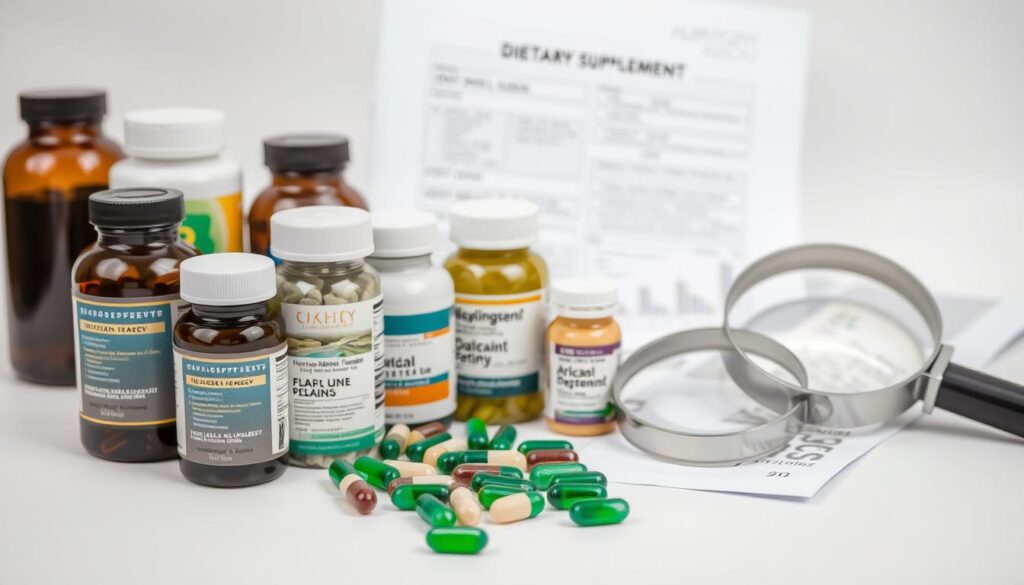
Evidence-based evaluation requires looking beyond marketing claims to examine the scientific research.
Get Your Free Supplement Evaluation Checklist
Download our science-backed checklist to quickly identify which supplements are worth your money and which are just marketing hype.
The Problem: Navigating Supplement Marketing Claims
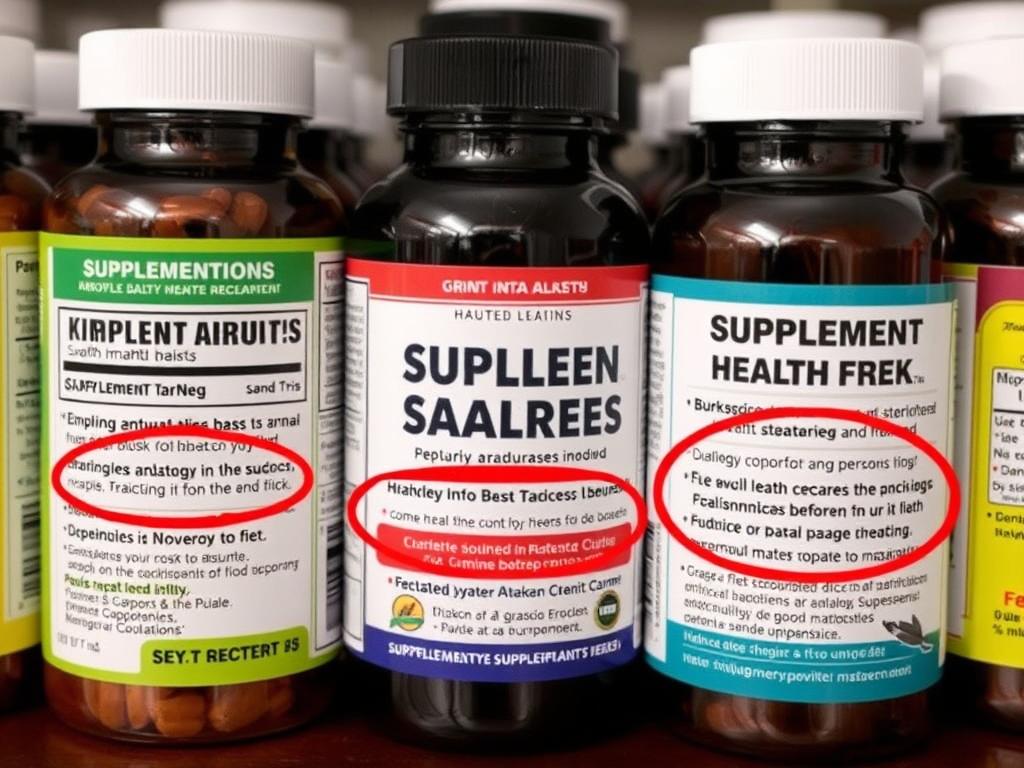
Recent studies published in the Journal of the American Medical Association found that nearly 60% of popular supplements contained ingredients in amounts that differed from their labels. Even more concerning, approximately 20% contained substances not listed on the label at all.
Warning: The FDA issued over 350 warning letters to supplement companies in the past three years for making illegal disease claims or selling products with undisclosed ingredients.
This lack of oversight means consumers must become their own advocates. Learning to identify evidence-based dietary supplement reviews is essential for making informed health decisions and avoiding products that may be ineffective or potentially harmful.
SaulMD’s Evidence-Based Review Methodology
At SaulMD, we’ve developed a rigorous 5-point framework for evaluating dietary supplements based on scientific principles. Think of this methodology as a supplement’s resume – it either has the credentials or it doesn’t.

Our evaluation process relies on scientific testing and analysis rather than marketing claims.
The 5 Criteria for Evidence-Based Supplement Evaluation
1. Clinical Trial Validity
We examine the quality of clinical studies supporting a supplement’s claims. Randomized, double-blind, placebo-controlled trials published in peer-reviewed journals carry the most weight. We look for:
- Appropriate study design and duration
- Adequate sample size (typically 100+ participants)
- Statistically significant results
- Replication of findings across multiple studies
2. Ingredient Transparency
Legitimate supplements disclose exact amounts of each ingredient rather than hiding behind “proprietary blends.” We verify:
- Complete ingredient disclosure with precise dosages
- Active ingredients present in clinically effective amounts
- Absence of unnecessary fillers or harmful additives
- Form of ingredients (which affects bioavailability)
3. Third-Party Testing
Reputable supplements undergo independent verification by organizations like USP, NSF International, or ConsumerLab. We check for:
- Product purity and potency testing
- Verification that what’s on the label is in the bottle
- Testing for contaminants like heavy metals or microbes
- Good Manufacturing Practices (GMP) certification
4. Dosage Alignment with Research
The amount of an ingredient matters as much as its presence. We analyze:
- Whether dosages match those proven effective in studies
- Appropriate frequency of administration
- Synergistic or antagonistic ingredient interactions
- Bioavailability considerations
5. Manufacturer Credibility
The company behind the product reveals much about its quality. We investigate:
- Company history and reputation
- Transparency about sourcing and manufacturing
- Investment in research and development
- History of FDA warnings or recalls
Evidence-Based Supplements: Examples That Meet Our Standards
After applying our rigorous methodology, we’ve identified several supplement categories with products that consistently meet evidence-based standards. Here are examples that demonstrate what truly evidence-based dietary supplement reviews reveal about quality products.
Omega-3 Fish Oil Supplements
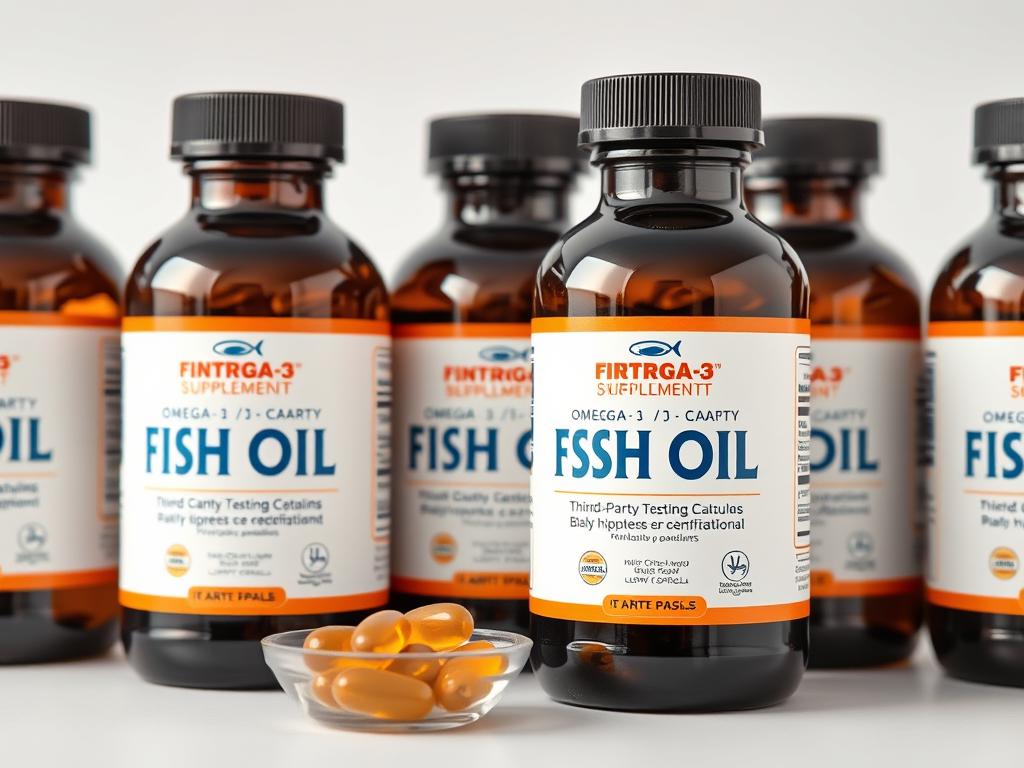
| Product | Omega-3 Content | Third-Party Testing | Clinical Evidence | Transparency Score |
| Nordic Naturals Ultimate Omega | 1,280mg | IFOS 5-star | Strong | 9.5/10 |
| Thorne Omega Plus | 1,520mg | NSF Certified | Strong | 9.2/10 |
These fish oil supplements stand out because they provide therapeutic doses of EPA and DHA (the active omega-3 fatty acids), undergo rigorous third-party testing for contaminants like mercury and PCBs, and maintain transparency about their sourcing and manufacturing processes.
Vitamin D Supplements
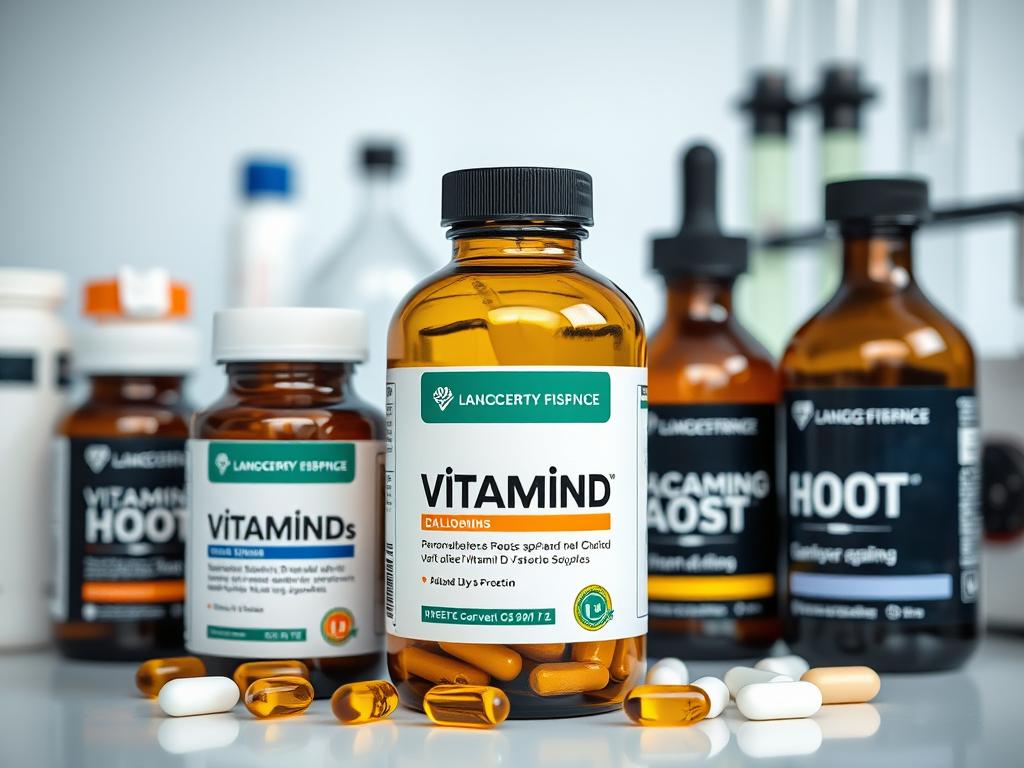
| Product | Form | Dosage | Third-Party Testing | Transparency Score |
| Pure Encapsulations D3 | D3 (Cholecalciferol) | 1,000-5,000 IU | USP Verified | 9.7/10 |
| Thorne Vitamin D/K2 | D3 with K2 (MK-4) | 1,000 IU D3 | NSF Certified | 9.5/10 |
These vitamin D supplements excel because they use the more bioavailable D3 form, provide dosages supported by clinical research, and maintain exceptional manufacturing standards. The Thorne product adds vitamin K2, which research suggests works synergistically with vitamin D for bone and cardiovascular health.
Probiotic Supplements
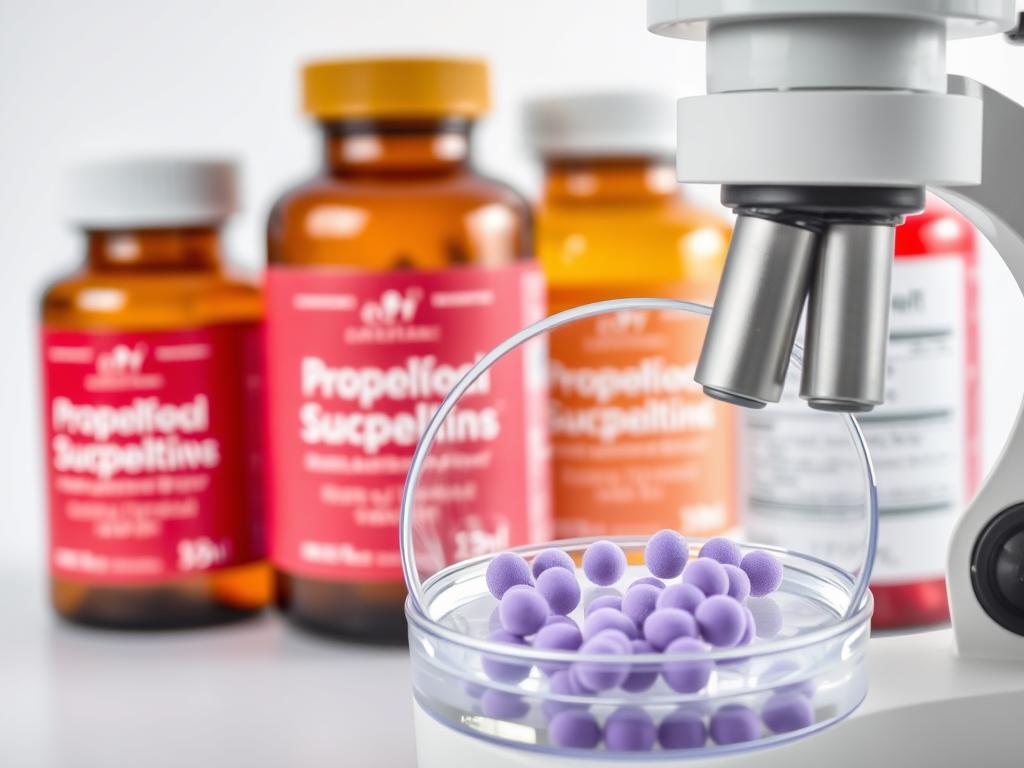
| Product | Strains | CFU Count | Strain-Specific Research | Transparency Score |
| Visbiome | 8 clinically tested strains | 112.5 billion | Extensive | 9.8/10 |
| Culturelle Pro Strength | Lactobacillus rhamnosus GG | 12 billion | Extensive | 9.3/10 |
These probiotics stand out because they use specific bacterial strains with documented health benefits, guarantee potency through the expiration date (not just at manufacturing), and have strain-specific clinical research supporting their efficacy for particular health conditions.
Want Our Complete Supplement Recommendations?
Get our full guide to evidence-based supplements across all major categories, updated quarterly with the latest research.
Red Flags: Warning Signs in Supplement Marketing

Warning Signs to Avoid
- “Proprietary blends” that hide specific ingredient amounts
- “Miracle” or “breakthrough” claims that promise dramatic results
- Celebrity endorsements instead of scientific evidence
- “Clinically proven” without citing specific studies
- “Patented formula” (patents don’t require proof of effectiveness)
- Excessive use of scientific jargon without substantiation
- Claims to treat or cure diseases (illegal for supplements)
- No third-party testing or quality certifications
- Doses far below those used in successful clinical trials
- Manufactured in facilities without GMP certification
“The supplement industry is largely self-regulated. When a company says ‘clinically proven’ but doesn’t cite specific peer-reviewed studies, that’s a major red flag that their evidence-based claims may be nothing more than marketing.”
Remember that legitimate supplement companies welcome scrutiny and transparency. They provide clear information about their ingredients, manufacturing processes, and the research supporting their products. If a company seems defensive or vague when questioned about these aspects, consider it a warning sign.
Taking Action: Your Step-by-Step Guide to Evaluating Supplements
Now that you understand what makes a truly evidence-based dietary supplement review, here’s how to apply these principles when researching supplements for your own use.

Your 7-Step Supplement Evaluation Process
- Identify your specific health goal
Define exactly what you want the supplement to help with (e.g., “reduce joint pain” rather than “improve health”). - Research the evidence for that specific use
Search PubMed.gov or examine systematic reviews on Cochrane.org to see if clinical research supports using specific ingredients for your health concern. - Check for effective dosages
Compare the amount of active ingredients in the supplement to the dosages used in successful clinical trials. - Verify third-party testing
Look for certifications from USP, NSF International, ConsumerLab, or other reputable testing organizations. - Investigate the manufacturer
Research the company’s reputation, history, and whether they’ve had FDA warnings or recalls. - Review the complete ingredient list
Check for unnecessary fillers, potential allergens, or ingredients that might interact with medications you take. - Consult healthcare professionals
Discuss the supplement with your doctor, especially if you take medications or have health conditions.
Pro Tip: For quick research, use the Office of Dietary Supplements’ PubMed Dietary Supplement Subset (https://ods.od.nih.gov/Research/PubMed_Dietary_Supplement_Subset.aspx) to find peer-reviewed research on specific supplements.
Conclusion: Becoming an Evidence-Based Supplement Consumer
Navigating the world of dietary supplements doesn’t have to be overwhelming. By understanding how to identify truly evidence-based dietary supplement reviews, you can make informed decisions about which products deserve your trust and investment.

Remember that even the most evidence-based supplements are not magic bullets. They work best as part of a comprehensive approach to health that includes proper nutrition, regular exercise, adequate sleep, and stress management.
At SaulMD, we’re committed to providing you with ongoing, up-to-date information about evidence-based supplements as new research emerges. The science is constantly evolving, and we stay on top of it so you don’t have to.
Stay Informed with Evidence-Based Updates
Join our newsletter to receive monthly evidence-based dietary supplement reviews, alerts about new research, and expert guidance on optimizing your supplement regimen.
By applying the principles outlined in this guide, you’ll be better equipped to see through marketing hype and identify supplements that truly deliver on their promises. Your health deserves nothing less than decisions based on solid scientific evidence.